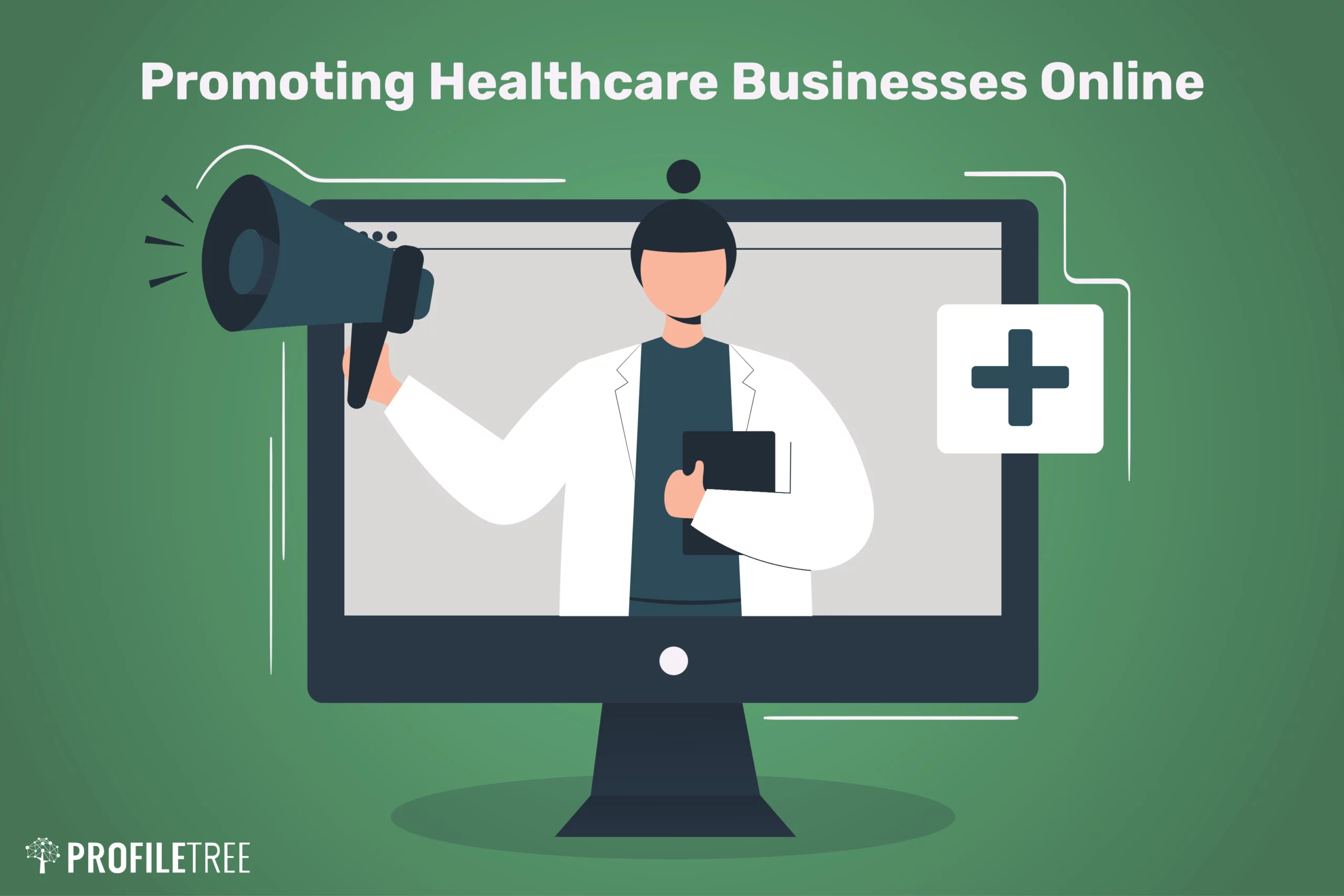Subscription Based Healthcare: Changing the Means We Think Of Health
Subscription Based Healthcare: Changing the Means We Think Of Health
Blog Article
Browsing the Future of Medicine With Subscription-Based Medical Care Solutions
As the health care market progresses, subscription-based services arise as an essential model assuring to reshape patient treatment delivery. With the potential to provide structured, cost-efficient solutions via foreseeable pricing and customized attention, these services stand at the center of modern-day medical innovation. Yet, as we consider their surge, one should consider the ramifications of incorporating such systems right into existing healthcare structures. What challenges do they posture in regards to information safety and security and equitable accessibility, and just how might they redefine the patient-provider connection? The response to these inquiries might basically alter our strategy to medical care.
Increase of Registration Medical Care
As healthcare systems around the globe face enhancing pressures from rising costs and demand for services, the advent of subscription-based healthcare versions has become a transformative pattern. This cutting-edge approach is disrupting standard medical care shipment by supplying a predictable, flat-rate payment structure for medical services. Rooted in the principles of concierge medication, subscription-based healthcare permits providers to concentrate on personalized patient care while at the same time managing functional performances.
The increase of this design can be associated to numerous factors. Technical advancements have actually made it possible for extra seamless combination of treatment via telehealth and digital wellness records, facilitating the scalability of subscription solutions. The boosting consumer need for openness and predictability in medical care expenses has driven the change in the direction of this version. Subscription-based solutions commonly offer straight accessibility to medical care experts, which can decrease the management problems associated with insurance coverage cases and reimbursements (subscription based healthcare).
This model is obtaining grip amongst diverse health care companies, from medical care doctors to specialized centers, by lining up financial rewards with continuous and preventive treatment. By moving the focus from quantity to value-based care, registration health care has the possible to reshape the landscape, promoting a more lasting and patient-centered technique to health monitoring.
Advantages for People

In addition, subscription-based solutions often highlight precautionary treatment, urging routine examinations and wellness screenings. This proactive approach can cause early discovery of health concerns, potentially boosting end results and reducing long-lasting medical care prices for patients. Such designs typically use clear prices, permitting patients to better recognize their healthcare expenditures and avoid unforeseen clinical expenses.
The customized nature of subscription-based healthcare likewise improves patient experience. Patients can obtain customized healthcare plans that match their certain needs, promoting an extra patient-centric method. This personalization can bring about better person contentment and adherence to treatment plans. Registration services commonly integrate wellness programs, supporting people in keeping total health and health. Eventually, these benefits collectively add to a more effective, affordable, and patient-friendly medical care experience.
Modern technology's Duty in Improvement

Expert system (AI) plays an essential duty in predictive analytics, aiding in very early diagnosis and tailored treatment plans. AI algorithms analyze large datasets to identify patterns that may be ignored by human observation, therefore enhancing clinical decision-making. Digital health and wellness documents (EHRs) improve person info management, making certain connection and coherence of treatment across numerous solutions and providers.
Blockchain technology improves information protection and privacy, critical for keeping client count on digital systems. It allows secure and transparent transactions of medical data, guaranteeing that delicate info remains protected. With the integration of device knowing and AI, blockchain can automate complicated healthcare straight from the source processes, reducing management burdens.
Considerations and obstacles
While modern technology drives the capacities of subscription-based health care services, it also presents a set of click here for info difficulties and considerations that need to be addressed to ensure successful implementation. One considerable obstacle is the equitable ease of access of these solutions. As registration designs commonly depend on digital platforms, there is a threat of aggravating the digital divide, leaving people without web access or digital proficiency. Making sure these solutions do not disproportionately benefit only tech-savvy and upscale populations is necessary.
Data personal privacy and protection stand for another essential consideration. Subscription-based services often entail the collection and storage of large amounts of personal wellness details. Suppliers must comply with strict information security regulations to preserve person count on and avoid unauthorized accessibility, which might lead to significant honest and lawful repercussions.
As health care needs develop, maintaining an economical balance between subscription charges and solution high quality is crucial to stop client dissatisfaction and attrition. Resolving these difficulties is necessary as subscription-based medical care solutions continue to evolve and increase.
Future Effects for Medicine
Subscription-based medical care solutions are positioned to significantly affect the future landscape of medicine by improving just how care is accessed and supplied. These models provide the potential to equalize healthcare accessibility, giving people with more timely and personalized treatments. By leveraging modern technology, such as telemedicine and information analytics, membership services can facilitate constant monitoring and customized wellness monitoring, therefore improving results and lowering the problem on standard health care systems.
As these solutions gain grip, they can promote a shift towards preventative care, stressing the value of very early discovery and administration of chronic problems. This proactive approach might inevitably decrease medical care costs by mitigating the requirement for costly treatments arising from late-stage condition administration. Furthermore, subscription models offer a scalable remedy to resolve variations in healthcare access, specifically in rural or underserved populaces.
Nevertheless, the transition in the direction of subscription-based versions requires attending to ethical and governing considerations, consisting of data personal privacy and equitable gain access to. As the sector develops, collaborative initiatives in between policymakers, modern technology designers, and healthcare service providers will certainly be important to establishing durable structures that protect person interests while promoting advancement. Inevitably, these solutions promise to contribute significantly to a much more reliable, patient-centered medical care ecosystem.

Conclusion
Subscription-based healthcare services stand for a significant evolution in the clinical field, using foreseeable costs and customized care that boost accessibility and prioritize preventative actions. As the healthcare landscape develops, subscription models are positioned to play an essential role in forming the future of medicine.
As the health care market evolves, subscription-based services arise as a pivotal design promising to improve individual treatment delivery.As health care systems around the world face enhancing stress from increasing costs and demand for services, the development of subscription-based medical care versions has arised as a transformative trend (subscription based healthcare).With the surge of subscription-based medical care designs improving traditional health care shipment, patients are beginning to experience considerable benefits from this innovative strategy. As health care requires progress, preserving a cost-efficient balance between registration fees and solution high quality is my review here crucial to stop client discontentment and attrition.Subscription-based health care solutions are poised to considerably influence the future landscape of medication by reshaping just how treatment is accessed and delivered
Report this page